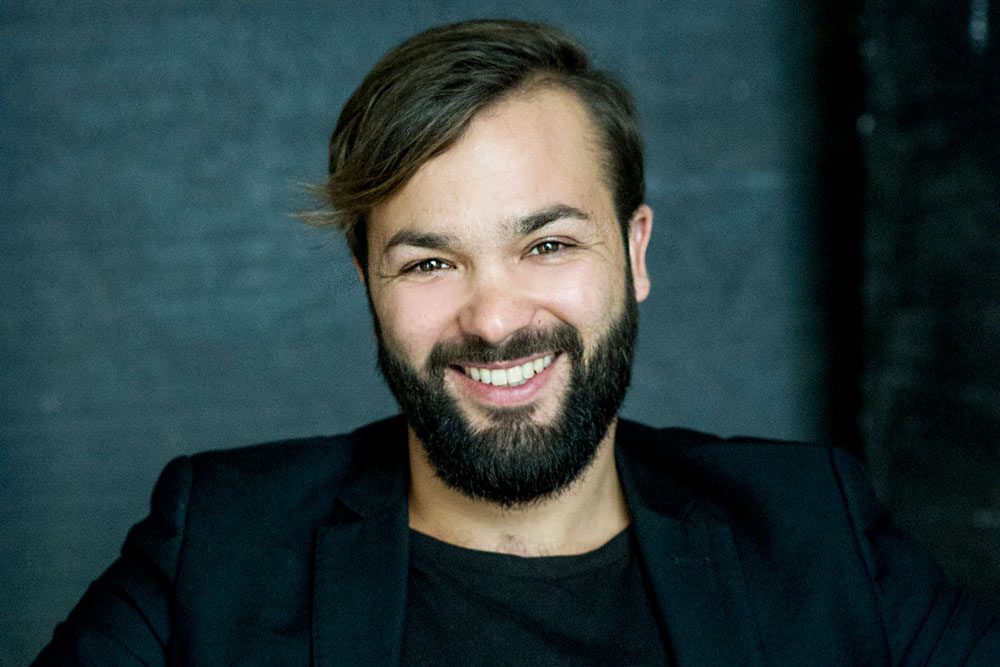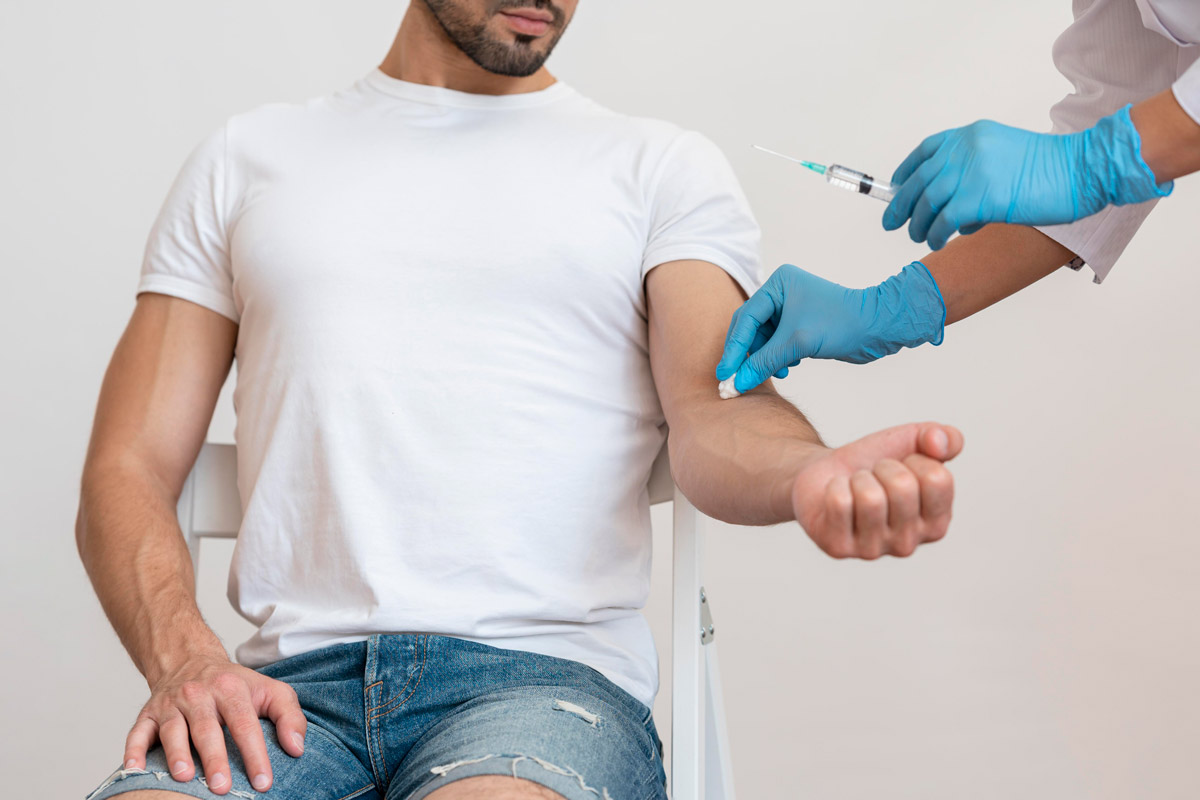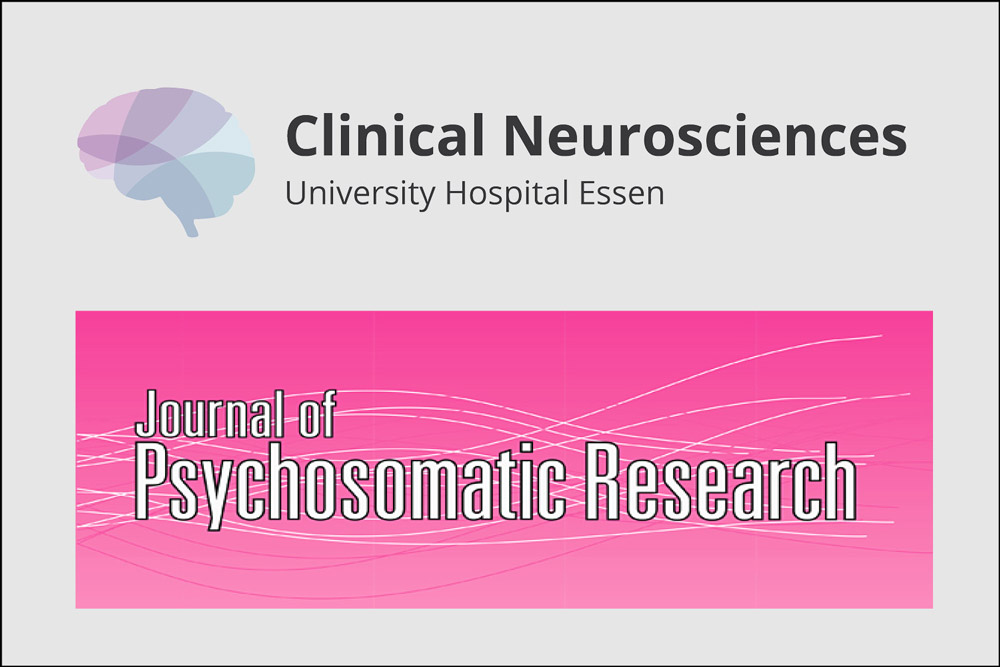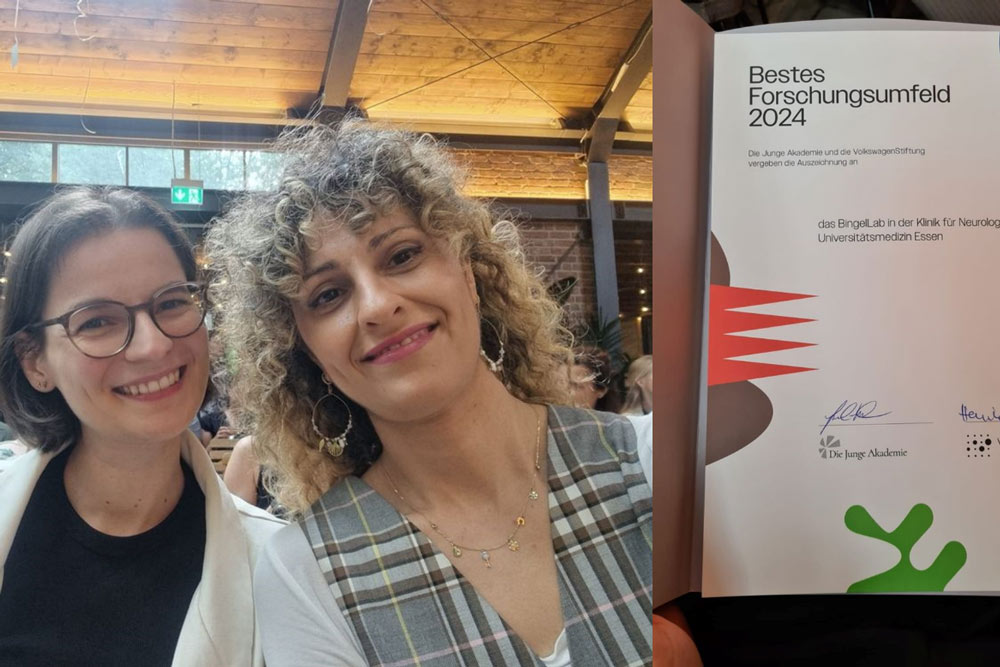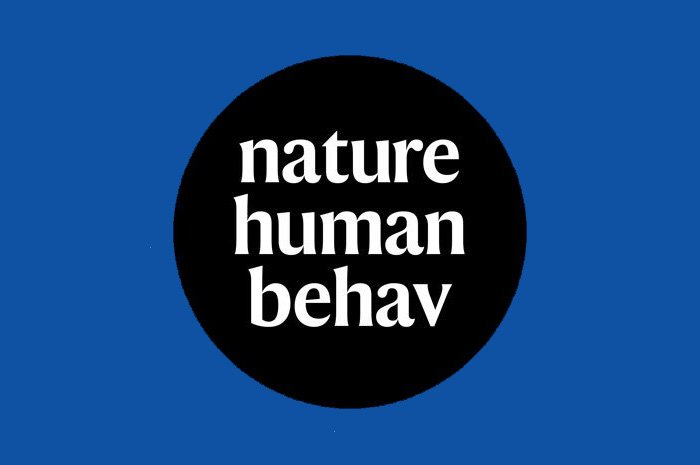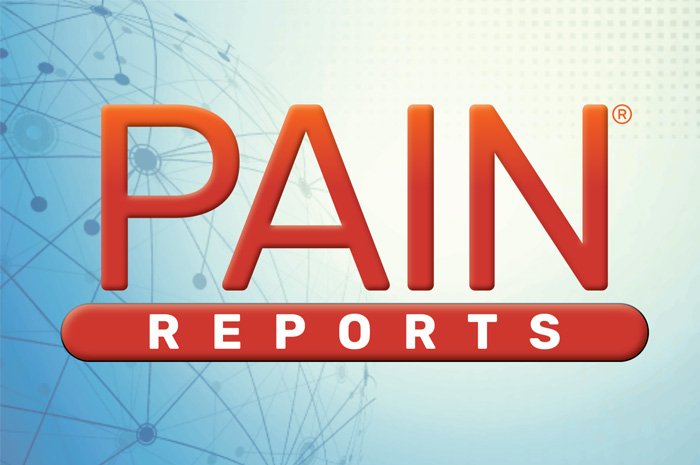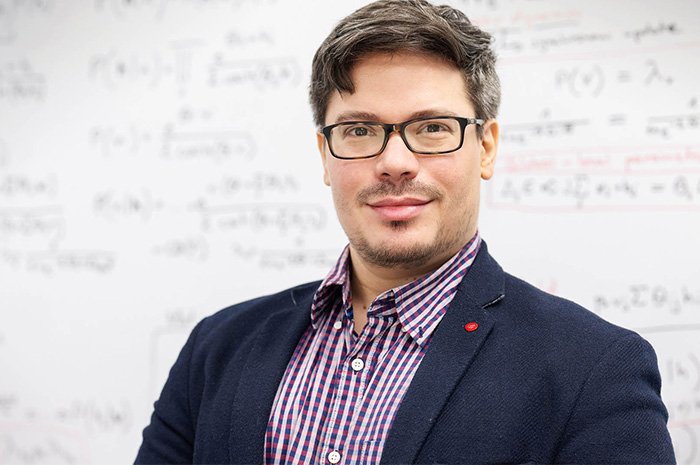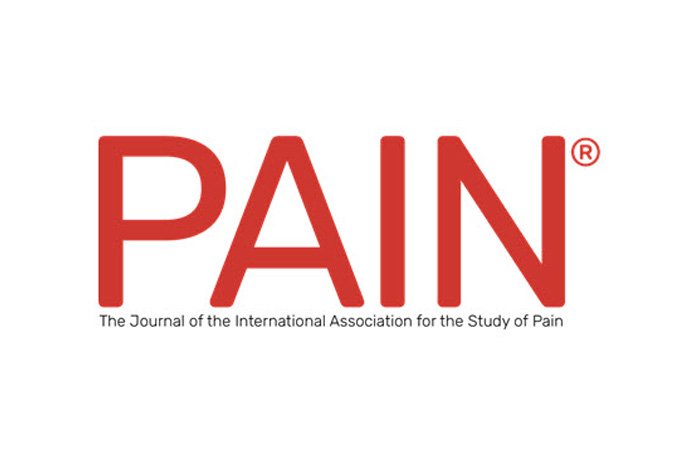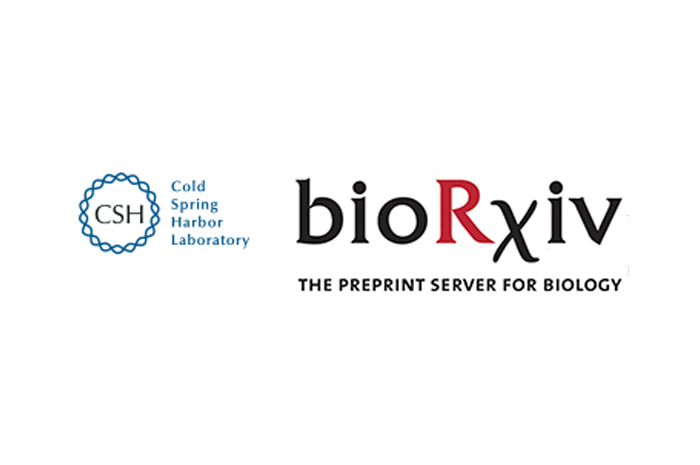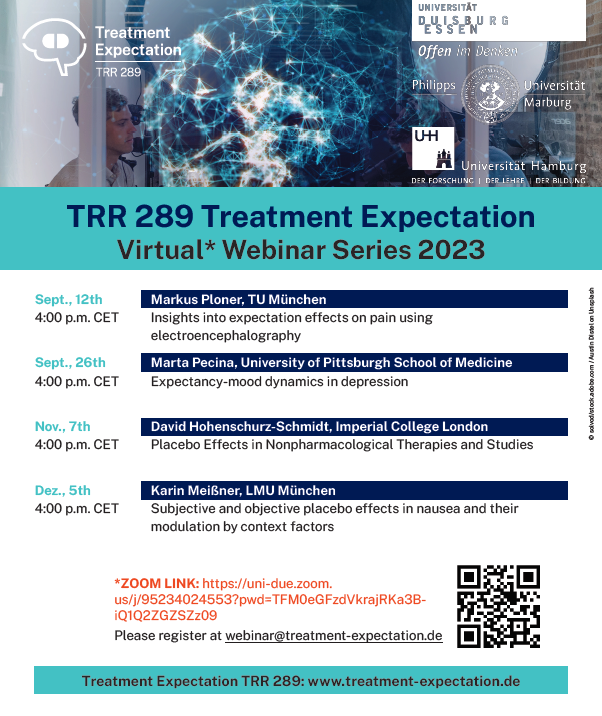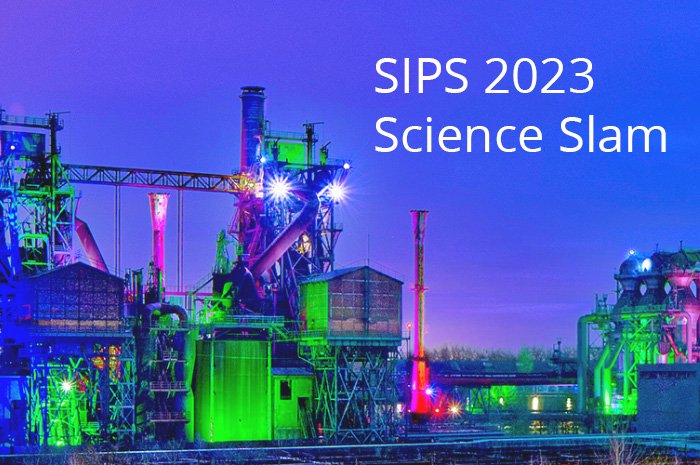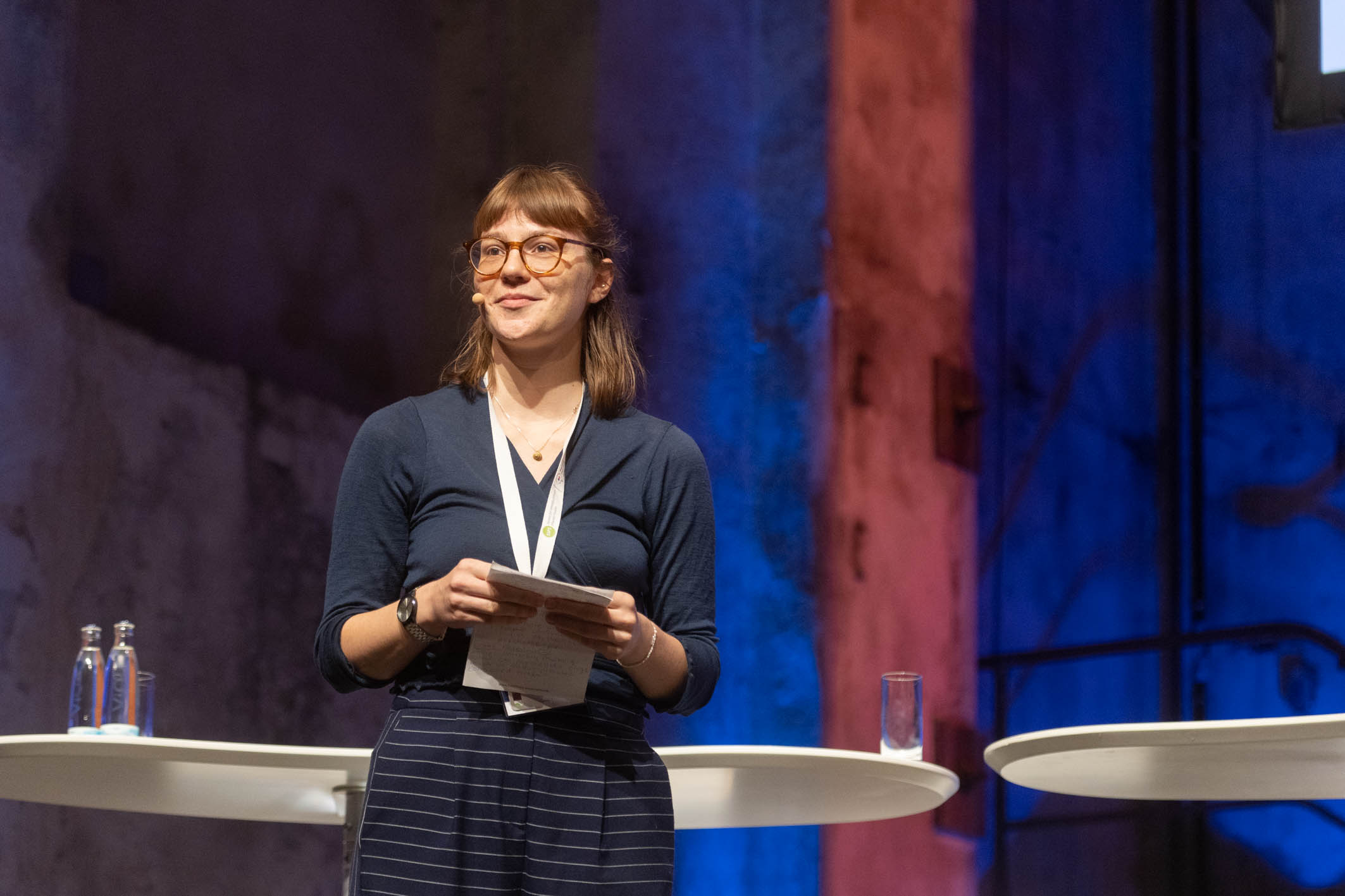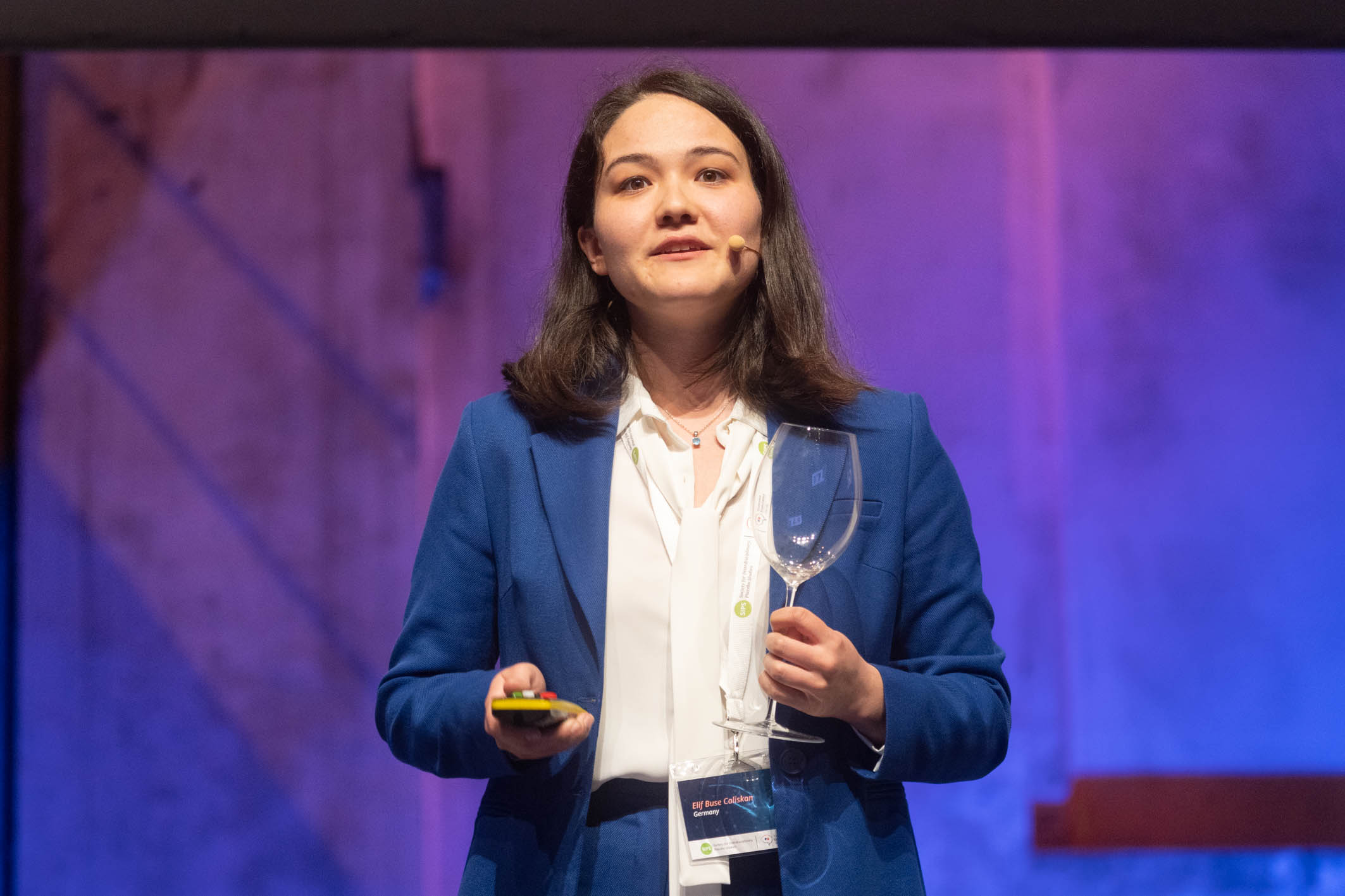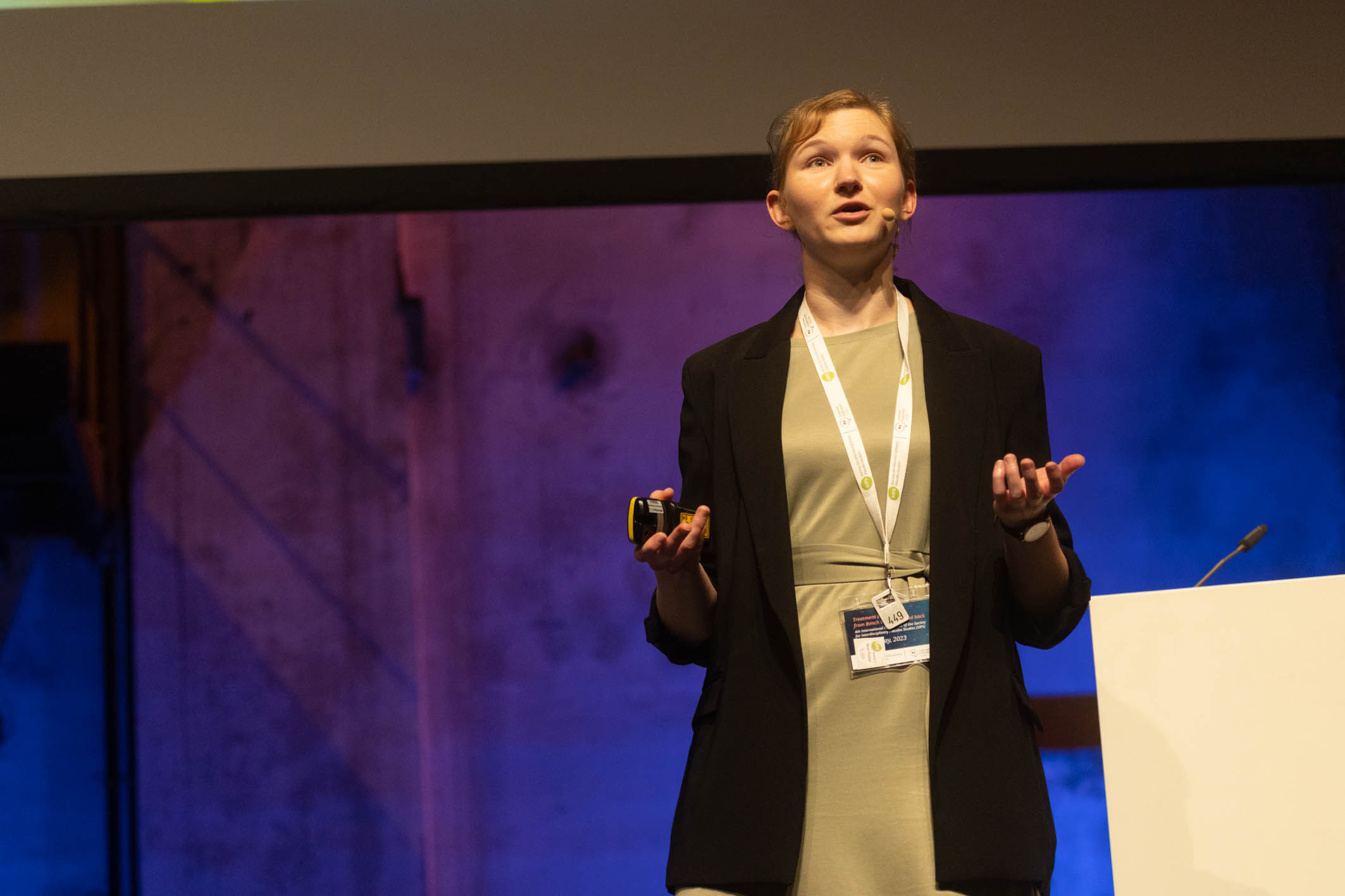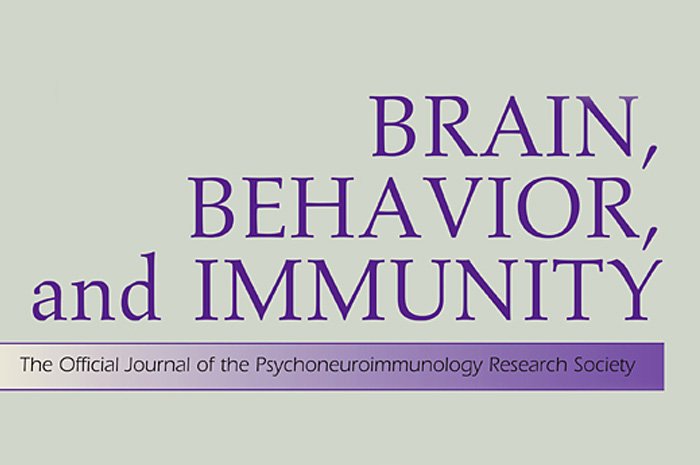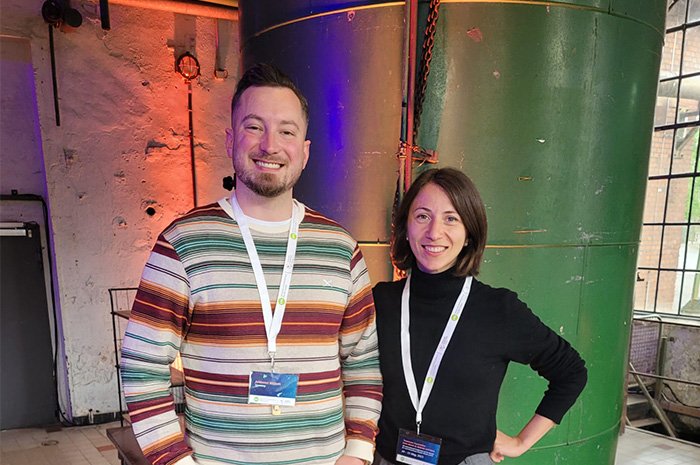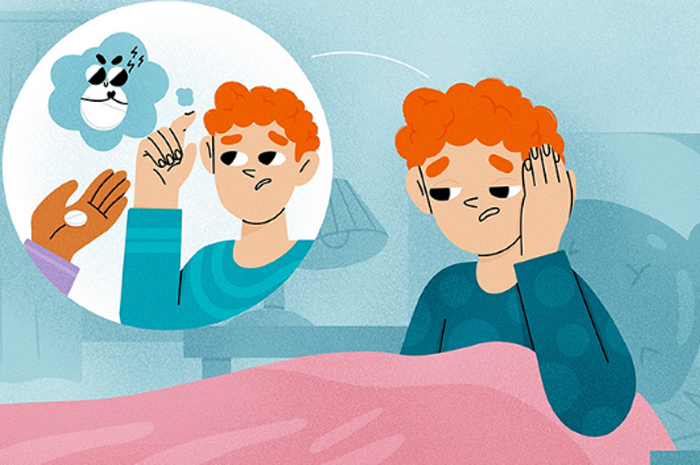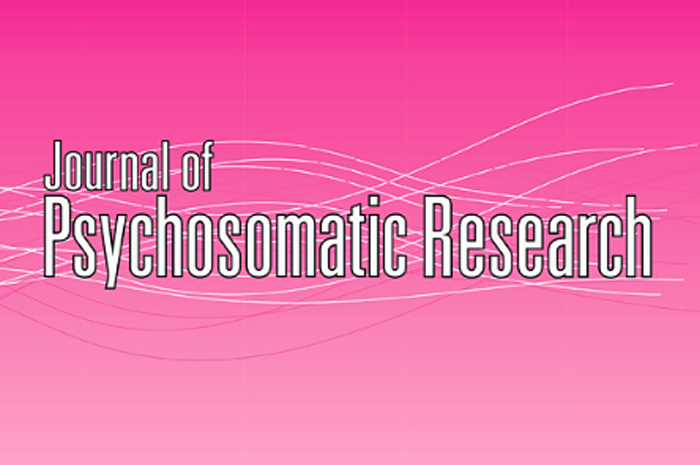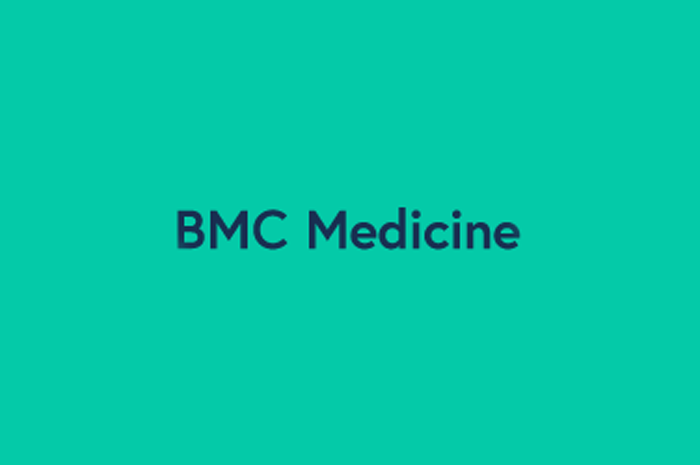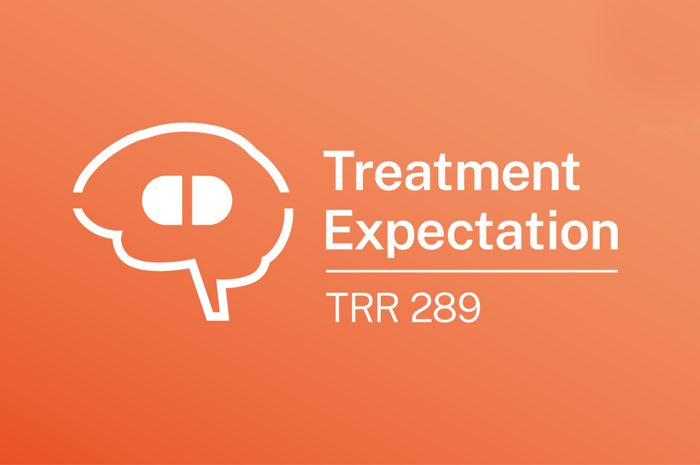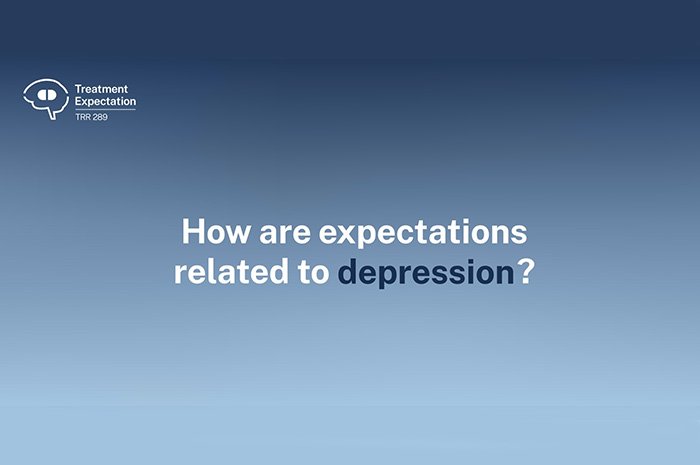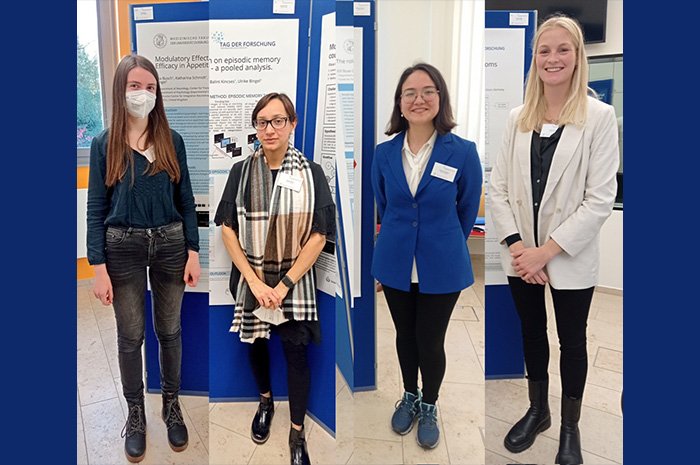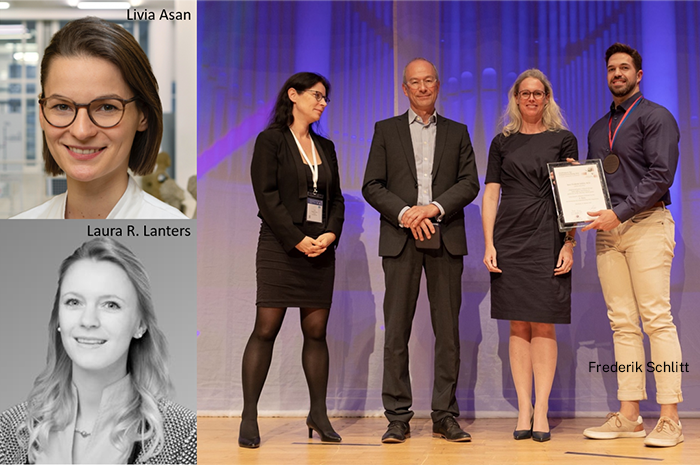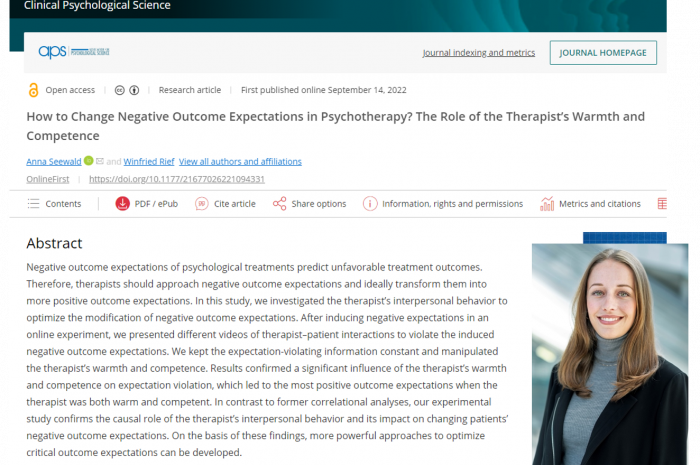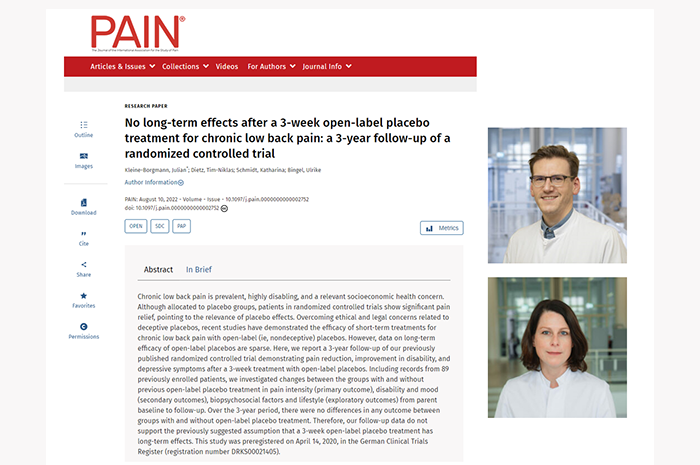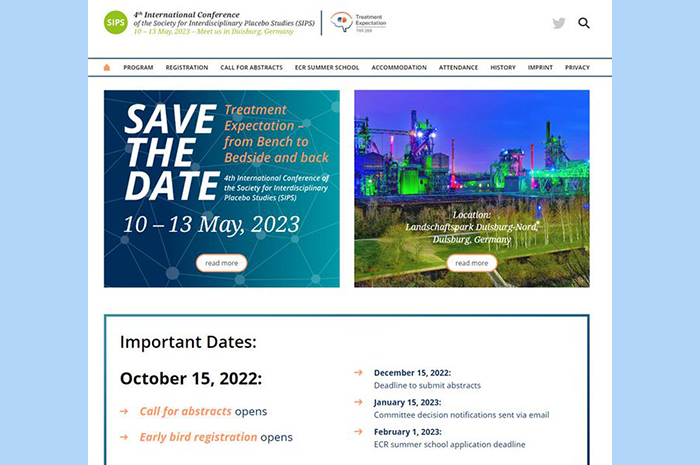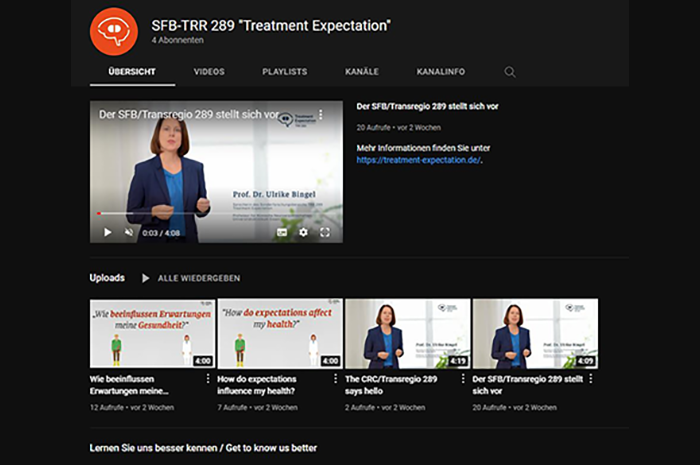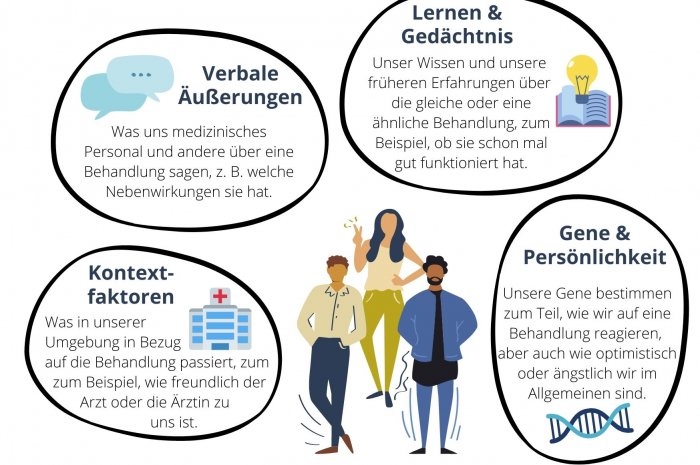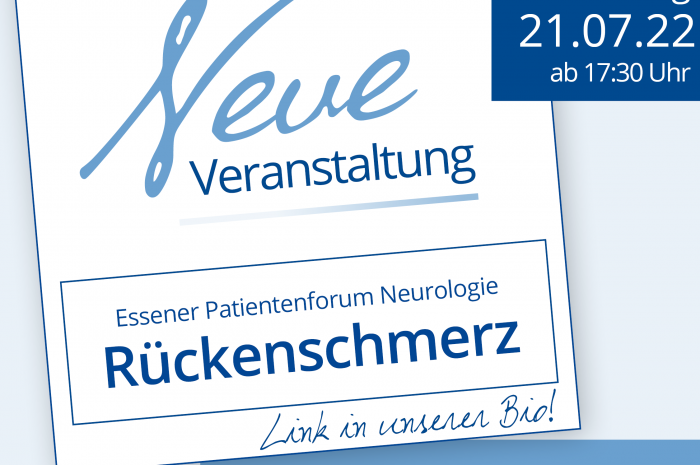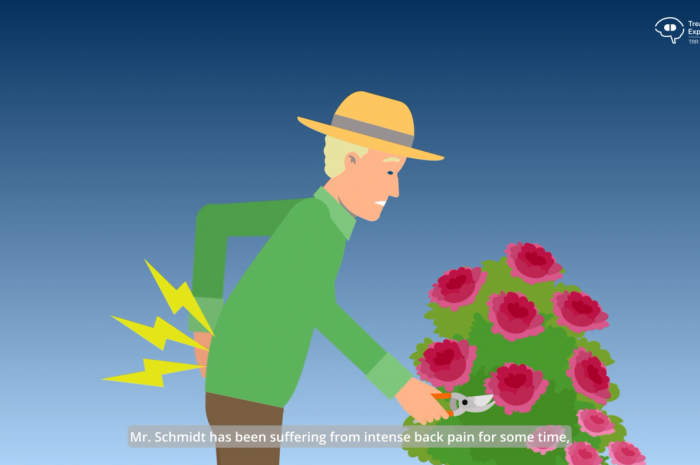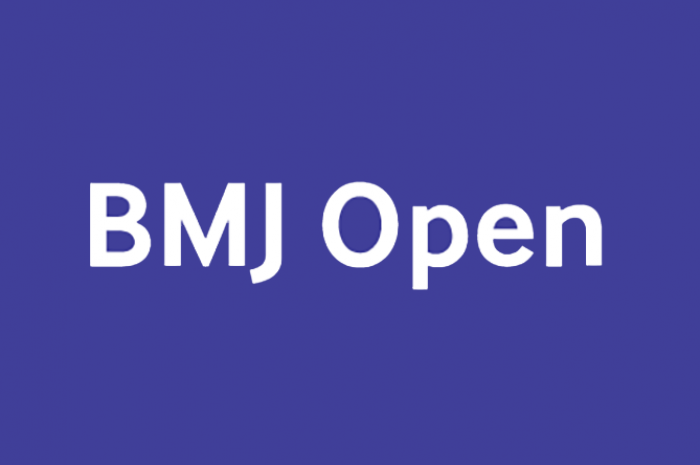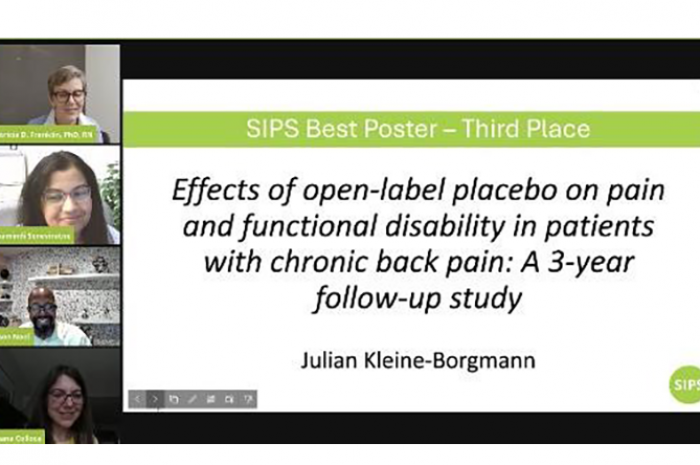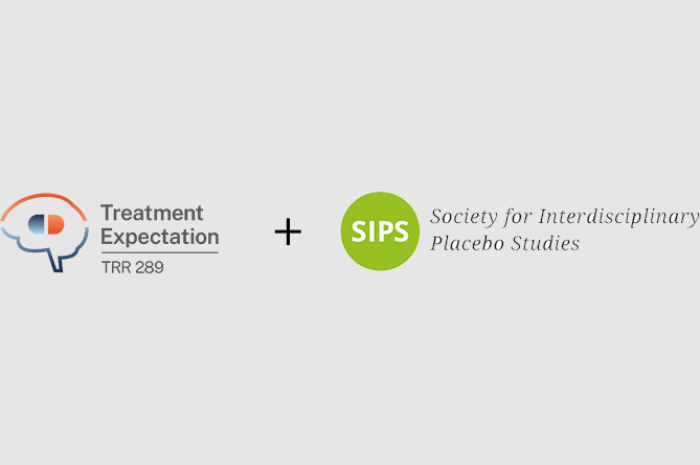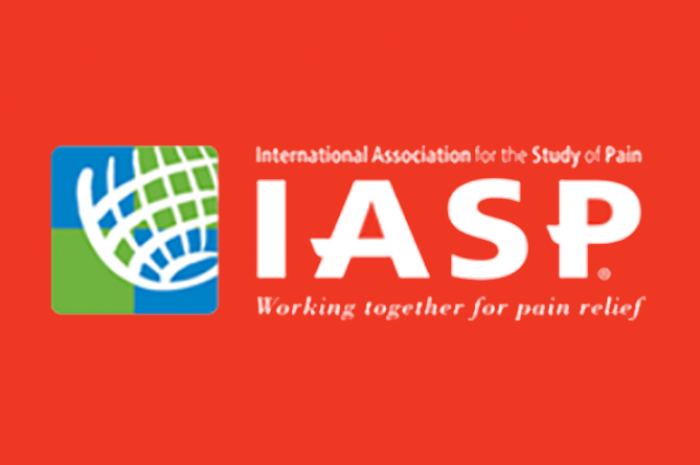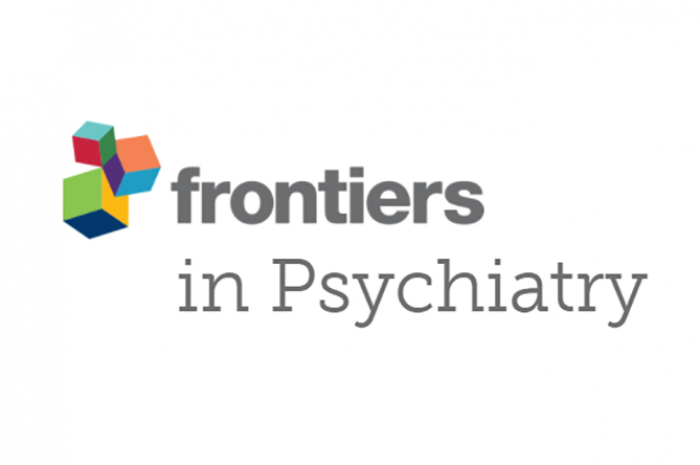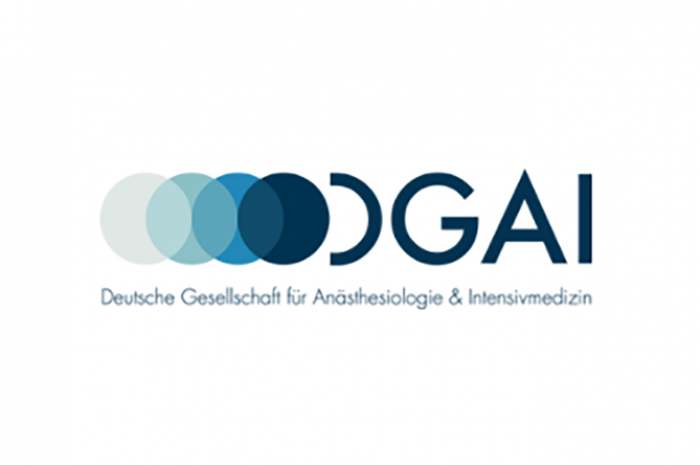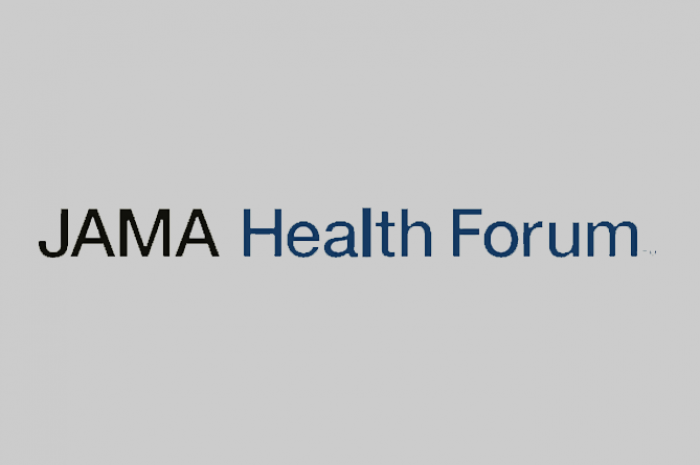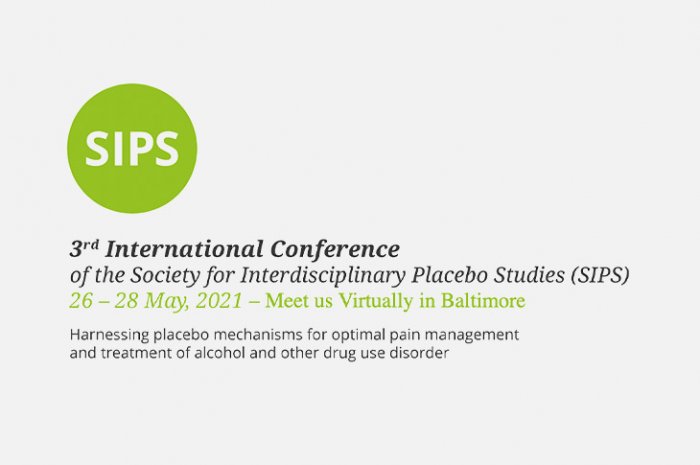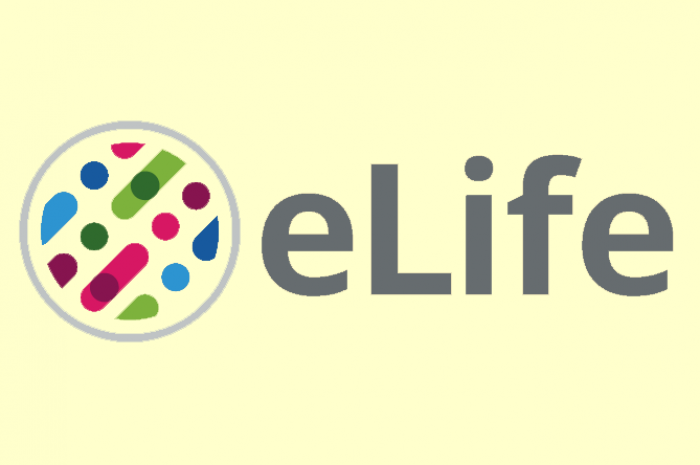Prof. Wiebke Sondermann received the highly endowed German Psoriasis Prize 2025 from the German Dermatological Society (DDG) in recognition of her study on the modulation of positive expectations in psoriasis therapy with biologics. This clinical-experimental study, conducted by the Senior Physician at the outpatient department and head of the psoriasis division at the University Dermatology Clinic Essen, was part of the DFG-funded Collaborative Research Centre entitled “Treatment Expectation” and was titled “The Impact of Expectation on Health Outcome”.
"This study marks a significant milestone in the study of placebo effects in severe somatic diseases such as psoriasis. It reveals possibilities and limitations, as well as raising important questions for future research,” says Prof. Ulrike Bingel, spokesperson of SFB/TRR 289, in her assessment of the research. In this interview, Prof. Sondermann explains how patient and doctor expectations influence the success of psoriasis therapy.

Happy winners of the German Psoriasis Prize 2025: Prof. Wiebke Sondermann with members of her research team from project A12. From left to right: Dr. Frederik Krefting, Prof. Wiebke Sondermann, Senta Mühlhaus and Daniela Bese
Ms. Sondermann, for which aspect of your research have you receied the DDG prize?
The prize was awarded to me for the publication of the data from our main study from sub-project A12 from the first funding period of the SFB/TRR “Treatment Expectation”. Using the targeted modulation of positive expectations, we wanted to see whether the effect of secukinumab can be influenced. This is a human monoclonal antibody that acts specifically on the pro-inflammatory protein interleukin-17A. Our study showed that verbal expectation modulation alone only has a limited influence on the course of the disease. Therefore, in the second funding period, we want to examine the effect of unconscious learning mechanisms in the context of expectation modulation.
Having dealt with the psychological factors influencing psoriasis, why not move on to new medications?
We now have a wide range of medications that can effectively treat psoriasis. For most patients, we can now improve the skin condition by 90 percent. However, these very good results are achieved with using drugs called biologics, which include secukinumab, the drug used in our study. Biologics are expensive and can be associated with side effects, so we believe it makes sense to investigate whether part of the dose could be saved by using psychological factors, such as expectation effects, in our specific study.
An older study with psoriasis patients has already shown that the effect of corticosteroid-containing creams is maintained when the full dose is alternated with a placebo.
Is the pharmaceutical industry interested in this research?
Fortunately, yes. For example, Novartis provided us with logistical support to obtain a certain formulation of the biologic secukinumab, enabling us to work more easily with the lower dosage of the preparation. Above all, however, we would like to thank the German Research Foundation, which supports the 'Treatment Expectation' Collaborative Research Center and thus our research.
Is there a need to improve care for psoriasis patients?
Yes, definitely. That was the exact title of my habilitation thesis. Many patients are still undertreated, particularly worldwide, because not everyone has access to highly effective medication.
How do you assess new therapies with biologics?
Biologic therapies have been available for psoriasis for around 20 years. Our growing understanding of the inflammatory processes underlying psoriasis has continually driven the development and refinement of biologics. The modern biologics currently used for psoriasis specifically block two inflammatory messengers that play a central role in the condition: Interleukin 17 and Interleukin 23. By specifically blocking inflammatory messengers that are present in excessive amounts in psoriasis, we achieve very high response rates. As the immune system is no longer broadly suppressed as it was during past treatments, the side effect profile has also improved. Unfortunately, due to the high costs of biologics therapy, too few patients are still receiving this type of modern treatment.
Do biosimilars work just as well?
Biosimilars are copycat products of biologics whose patent protection has expired. They are already available for older biologics. One advantage of biosimilars is that they are significantly cheaper than the original preparations. Studies show that biosimilars are actually just as effective as the original preparations. However, discontinuation rates following a switch from the original preparation to a biosimilar are above average, which is attributed to the nocebo effect. Biosimilar quotas exist, particularly in the private practice sector, meaning that a certain percentage of patients must be prescribed biosimilars instead of biologics. Education and effective communication between doctors and patients are therefore crucial in order to prevent discontinuation.
This inflammatory chronic skin disease affects two to three percent of the population. Is your work of great clinical relevance?
Yes, psoriasis is actually one of the most common inflammatory skin diseases in the western world, affecting two to three percent of the population. Around 20 to 30 percent of all patients suffer from a moderate to severe form of the disease, which requires systemic therapy, i.e. treatment from the inside. Early treatment can probably have a positive effect on the overall course of the disease and may even prevent the onset of psoriatic arthritis to some extent. “Hit smart and early” is therefore the order of the day. This is precisely where our research comes in, making it of great clinical relevance for many patients.
What connections and interactions exist between the skin, the immune system and the psyche?
These three systems are connected via a complex network and influence each other. The skin is not only a physical barrier, but also an active immune organ.
What goes wrong in the brain-skin axis in psoriasis?
In chronic inflammatory diseases such as psoriasis, the immune system in the skin is overactive. This leads to redness, scaling and itching. Stress, anxiety and depression can in turn dysregulate the immune system, further exacerbating the skin disease. Among other things, the stress hormone cortisol and the autonomic nervous system are involved. Stress causes the body to release stress hormones such as cortisol and adrenaline. At the same time, the immune system is activated - but this can backfire, especially in the case of inflammatory diseases such as psoriasis: The immune response becomes overactive, the inflammatory processes increase and flare-ups can be triggered or intensified. Recent research also shows that the nervous system communicates directly with the immune system. Visible skin changes can lead to feelings of shame, stigmatisation, social withdrawal, anxiety and depression. These psychological burdens can increase the stress experienced by patients, exacerbating the disease. It's a classic vicious circle. I am glad that the subjective stress experienced by patients can now be accurately assessed using various questionnaires, and that individual suffering is increasingly being considered in therapy guidelines.
Imagine a scale from 0 to 10: 0 means you know very little about the correlations and 10 means you know everything. Where does psoriasis research stand on this scale?
I would estimate five. There is still a lot to do because the mutual influences are extremely complex, as is the research.
What do you consider to be the best evidence that placebo effects work?
In my opinion, one of the most convincing proofs of the effectiveness of placebo effects is the fact that they are measured in randomized, double-blind clinical trials. In a meta-analysis of 34 randomized clinical trials with patients suffering from psoriasis, atopic dermatitis, chronic spontaneous urticaria, it was shown in 2015, for example, that placebos could significantly, i.e. considerably and not by chance, reduce itching - by an average of 24 percent.
Does this also apply to nocebo effects?
Various studies have shown that patients who are informed prior to therapy that a drug could have certain side effects are significantly more likely to report these side effects, even if they have only received a placebo. Furthermore, studies in dermatology have shown that verbal suggestions or information about an allergen-containing solution, even when it is only water, can significantly increase perceived itching. If you tell a study participant, 'This is going to itch a lot', it is very likely that it will.
How can expectations be used specifically to improve the treatment of psoriasis?
Expectations can amplify the psychological effects of therapies in many clinical cases. However, in the first funding period of our project, we found that positive expectations induced verbally alone only have a limited influence on the objective course of the disease. In the second funding period, we are therefore expanding our approach by using reinforcement learning through pharmacological conditioning to optimise treatment. This principle is based on the observation that, in certain cases, the body remembers the effect of a drug and can partially replicate it itself. In our CRC project A12, we are investigating whether this is also possible with systemic biologic treatment: If successful, this approach could reduce side effects and make treatment more cost-effective.
What advice would you give to colleagues in practice?
If we utilise expectation effects effectively, we can enhance the efficacy of medication, mitigate inflammatory activity, and elevate the quality of life for individuals with psoriasis. Specifically, using appreciative and affectionate language in doctor-patient consultations builds trust and strengthens the placebo effect.
And what can patients do themselves?
Many patients suffering from psoriasis are depressed and skeptical about new therapeutic approaches after years of inadequate treatment attempts. Nevertheless, it makes sense for patients to be optimistic about new therapies. Study data also show that confidence in the therapy - and therefore also its effectiveness - increases if the patient is involved in shared decision-making together with the doctor. Maintain your optimism and don't let yourself be disheartened!
Original publikcation:
Hölsken S., Krefting F., Mühlhaus S., et al. and Sondermann W. Shaping Treatment Expectation to Optimize Efficacy of Interleukin 17A Antagonist Secukinumab in Psoriasis Patients. Psoriasis (Auckl). 2025 Jan 10;15:9-22.
https://doi.org/10.2147/PTT.S486338


